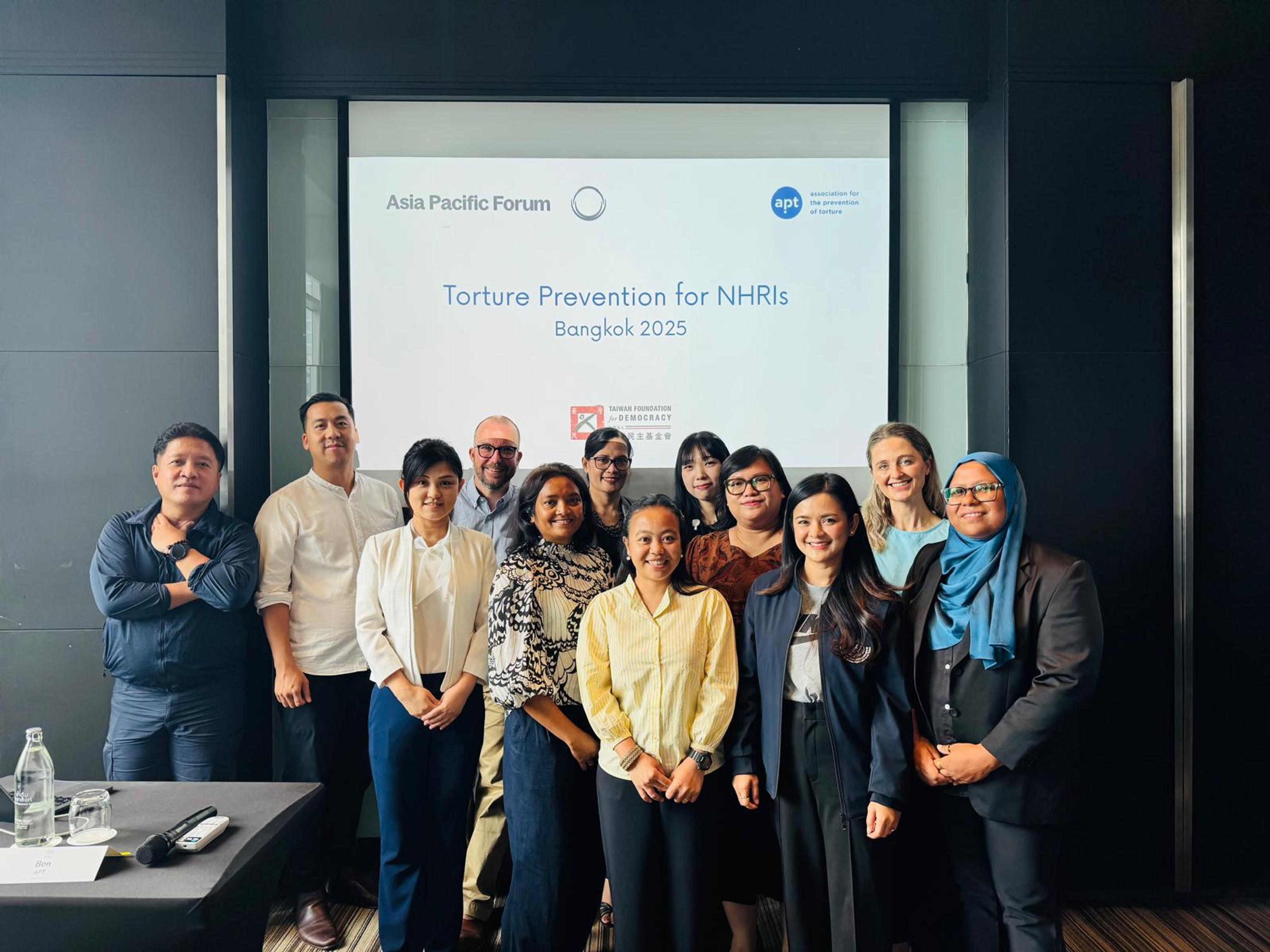Asia Pacific behind on SDG 16: Peace, justice and strong institutions
Despite some progress on Sustainable Development Goal (SDG) 16, new data reveals that the Asia Pacific region still faces significant challenges to meeting the Goal’s targets on 'peace, justice and strong institutions' by 2030.
A new briefing report on SDG 16, developed by the United Nations Development Programme (UNDP)*, highlights some positive developments, including slight improvements in peacefulness and political freedoms across the region overall in 2023.
However, some countries in the Asia Pacific experienced worsening violence, while many others continue to grapple with a wide range of human rights issues including corruption, human trafficking, gender inequality, lack of access to justice and crackdowns on human rights defenders.
The report is part of the SDG Goal Profiles series, which provides a comprehensive data-driven assessment of each SDG, identifying progress, challenges, good practices and policy recommendations.
The APF participated in shaping the profile on SDG 16 by contributing to an external reference group set up to incorporate diverse perspectives, insights, and analyses.
“National Human Rights Institutions (NHRIs) play a crucial role in advancing SDG 16 by upholding human rights standards, fostering accountability, and promoting access to justice,” said Fia Hamid-Walker, APF Human Rights Defenders Project Officer.
“Being part of the reference group was a valuable opportunity for our member NHRIs to contribute their unique experiences, perspectives and data to this project," she said.
“We look forward to further discussions on the role of NHRIs in strengthening peace, justice and accountability across the region.”
Progress lagging on SDG 16
Some of the key findings of the SDG 16 Profile include:
- A slight improvement in peacefulness across the Asia Pacific region in 2023, although scores worsened for six countries due to increased internal armed conflict.
- Some strengthening of political and civil liberties in the region. However, severe constraints on civic and political space persisted, alongside threats and attacks on journalists and human rights defenders.
- Transnational organised crime syndicates in Southeast Asia are expanding, posing challenges to regional security and stability. Issues like trafficking and corruption persist alongside emerging threats such as trafficking in persons for forced criminality.
- One-third of SDG 16-related targets globally showed 'fair' progress since 2015, however one-quarter stagnated or regressed. SDG 16-related data remain limited in the Asia Pacific region, with 58 countries and territories lacking data on six indicators.
The SDG Goal Profiles were reviewed during a series of multi-stakeholder roundtable discussions at the Asia Pacific Forum on Sustainable Development (APFSD), held from 20-23 February in Bangkok, Thailand.
The roundtable discussions brought together governments, civil society, and others, to discuss progress on the SDGs. Following the Forum, the SDG Goal Profiles will be updated with key reflections and other items resulting from the sessions.
More information about the Forum is available here.
*The profile for SDG 16 was developed by the United Nations Development Programme (UNDP) with inputs from the United Nations International Children's Emergency Fund (UNICEF), the Office of the United Nations High Commissioner for Human Rights (OHCHR), the United Nations Office on Drugs and Crime (UNODC), and the United Nations Economic and Social Commission for Asia and the Pacific (ESCAP).
In the context of the SDG Goal Profiles, ‘Asia Pacific’ includes East, Southeast and North Asia and the Pacific countries.
Related News
Image credits
Laptop computer displaying logo of The Sustainable Development Goal No. 16 - monticello on Shutterstock





